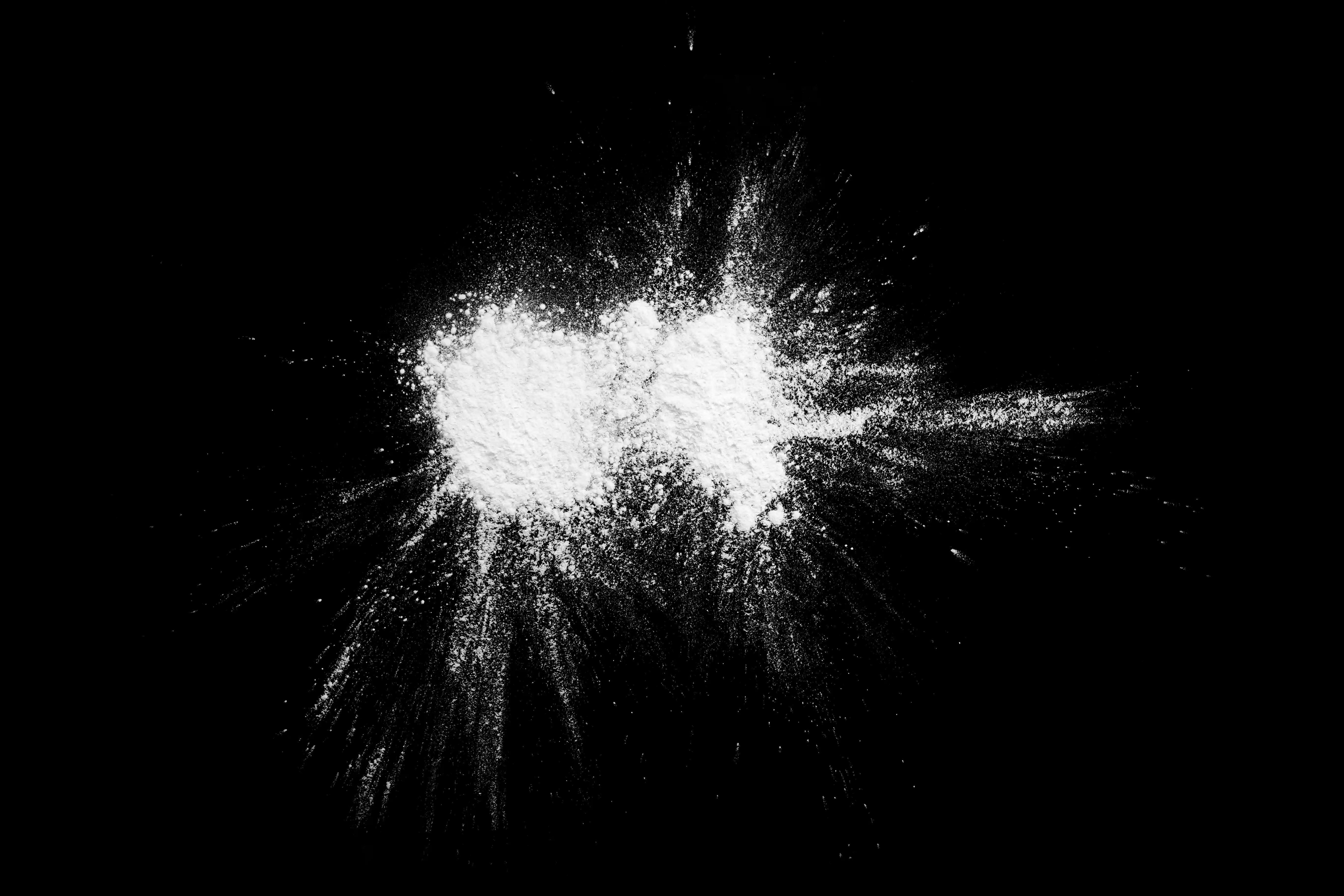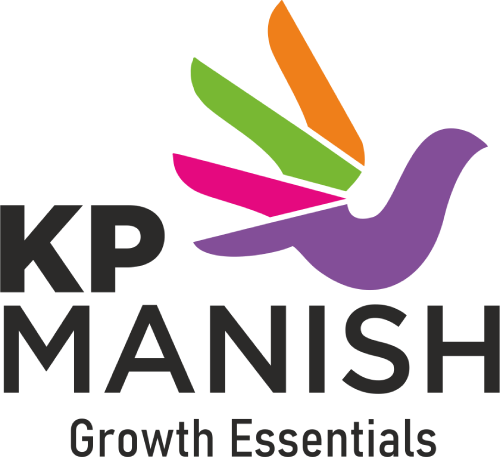Powder Resins
What is Powder Resins
It is an insoluble and supplied as a dry, fine powder, which is suitable for use in pharmaceutical applications. Sunresin is transforming pharmaceutical formulations with its innovative medicinal powder resins. These water-insoluble polymers feature a unique mesh-like structure capable of exchanging ions with those in a solution. Classified into cation and anion exchange resins based on the ions they exchange, and further distinguished by their acid-base properties into strong and weak acids or bases, these resins excel in enhancing drug efficacy. Their superior ion exchange capabilities enable rapid drug disintegration, controlled release, bitterness reduction, stability improvement, enhanced dissolution, and minimized adverse reactions. Ideal for a variety of dosage forms—ranging from tablets and capsules to gels and liquids—Sunresin's medicinal powder resins are a cornerstone of modern pharmaceutical development.
In addressing flavor masking, sustained release, improving drug stability, and disintegration for pharmaceutical applications, Sunresin has independently developed and produced strong cation exchange resins with a polystyrene-divinylbenzene polymer skeleton and weak anion exchange resins with a polymethylacrylate-divinylbenzene skeleton. These resins play an outstanding role in various drug inhibitors.
Available grades are : Calcium Polystyrene Sulphonate - LX98 | Cholestyramine resin - LPF860 | Polacrilex resin - LX100 (IRP 64) | Polacrilin Potassium - LX200 (IRP 88) | Sodium Polystyrene Sulphonate - LX400

We represent
Sunresin is an innovation oriented high-tech enterprise, specialized in supplying Ion exchange resins, adsorption & separation resins, equipment solutions and relevant technical services.
With almost 20 years of manufacturing experience, it is the listed company in the IER industry (Shenzhen Stock code 300487) which provides a high level of transparency to its customers.
Sunresin manufactures about 50,000M³ of ion exchange resins and adsorbers annually, supplying furthermore customers with tens of adsorption and separation equipment.
Sunresin's resin portfolio include about 25 product categories and more than 200 different resin types which are broadly used in industries such as: Water and Waste water treatment, Food Processing, Biotech, Pharmaceuticals, Plant Extraction, Membrane Caustic Soda, Hydrometallurgy, as well as Municipal Water Treatment among others.
Sunresin is dedicated to the industrialization of newly developed polymeric resins as well as to the exploitation of applications in emerging industries. The core technologies for all special resin products and equipments are of its Independent Intellectual Property Rights
The Company holds more than 30 patents – in China and internationally - and has accomplished more than ten national projects in the area of resin development. Sunresin is certified under ISO 9001 for Quality Control System and ISO14001 for Environment Control System.
Sunresin provides excellent and high quality products to the market. All the employed manufacturing processes are strictly controlled by the environmental regulations. More Info
Sunresin is certified with : Halal | Kosher | ISO9001:2015 | ISO14000:2015 | FDA Certificate | WQA Gold seal certificate | CE certificate | RoHS Test | REACH | Chinese National Science and Technology Progress Awards
Categories includes : Powder Resins | Chromatographic Resins | Solid Phase Peptide Synthesis | Lxa Adsorbent Resin | Industrial scale (Chromatographic purification)
Vast varieties of products are available under each categories.

Powder Resins Applications
| Method | Application |
|---|---|
| Sustained and Controlled Release Formulations | Sunresin's ion exchange resins excel in forming stable drug-resin complexes, ensuring a consistent and controlled drug release. This process is primarily governed by the interaction with endogenous ions (K+, Na+, Cl-) in the gastrointestinal tract, making it independent of dietary influences and pH variations. Our resins, composed of high molecular weight, water-insoluble polymers, are designed to engage in a reversible ion exchange process. This means they don't get absorbed by the body but actively swap ions with gastric and intestinal fluids. This unique interaction releases the drug in a controlled manner, allowing for precise drug delivery within the digestive system. |
| Flavor Masking with Ion Exchange Resins | Sunresin employs advanced ion exchange resins, high molecular weight polymers equipped with activatable groups, to adeptly mask the unpleasant tastes and odors of drugs through electrostatic adsorption. This process encapsulates ionic drugs within the resin's framework, significantly enhancing patient compliance by neutralizing tastes before they can be detected. Due to the specific pH conditions in the mouth (around 6.8), where the sense of taste is less acute and saliva secretion is minimal, these resin-drug complexes have a brief oral residency time. This ensures that the drug does not release its bitter taste before reaching the stomach. The effectiveness of this flavor masking technology varies with the drug involved, generally employing a resin-to-drug ratio between 0.1 and 0.75. This innovative approach has been successfully utilized in formulations of medications like ranitidine and paroxetine, illustrating its significant impact on improving patient medication adherence. |
| Enhancing Drug Stability | Sunresin enhances the stability of sensitive drugs by encapsulating them within the protective polymer framework of our advanced ion exchange resins. This method effectively shields drugs from environmental stressors like temperature fluctuations, light, humidity, and potential contaminants, which can compromise drug integrity and efficacy. By creating drug-resin complexes, we not only prevent degradation but also minimize interactions between compounds in mixed formulations, significantly boosting the overall stability of the drug. A notable example is Vitamin B12, a compound known for its sensitivity to light and pH extremes, which sees a dramatic increase in shelf life—from a mere three months to over two years—when formulated as a resin complex. This process not only extends the drug's viability but also protects it from stomach acid, enhancing absorption and effectiveness. Through this innovative approach, Sunresin is setting new standards for drug formulation, ensuring longer shelf life, and improving the bioavailability of essential medications. |
| Promoting Drug Dissolution | Sunresin's ion exchange resins play a crucial role in enhancing the dissolution of insoluble drugs. While not directly increasing the solubility of drugs, our resins significantly boost the rate at which drugs dissolve, surpassing the performance of raw drug materials. This is achieved through the formation of drug-resin complexes that transform drugs into an amorphous state, facilitating immediate ion exchange with solvents upon dissolution. This process eliminates the need for drugs to overcome their lattice energy, allowing for rapid release into the body. |
| Minimizing Adverse Reactions | Sunresin's innovative approach utilizes ion exchange resins to encapsulate irritating drugs within their polymer frameworks, significantly reducing the drugs' direct contact with the sensitive tissues of the gastrointestinal tract. This strategic encapsulation prevents the drug from irritating the mouth, pharynx, esophagus, and stomach lining—areas often susceptible to adverse reactions like ulcers from oral medications. By doing so, Sunresin enhances patient comfort and safety, ensuring a smoother therapeutic experience with minimized risk of gastrointestinal distress. |
| Therapeutic Applications | Sunresin's ion exchange resins transcend traditional drug formulation, offering targeted therapeutic treatments for a spectrum of medical conditions. Engineered with precision, these resins are pivotal in managing hyperacidity, ulcers, electrolyte imbalances (notably sodium and potassium depletion), kidney diseases, and edema linked to cardiac and pancreatic issues. |
Specifications of Powder Resins
| Contact us for specifications |
|---|
Top FAQs on Powder Resins
Certificates
- Allergen, Contaminants, Elemental impurities, Gluten, GMO, Melamine, Nitrosamine, Pesticide, Residual solvent, TSE-BSE



